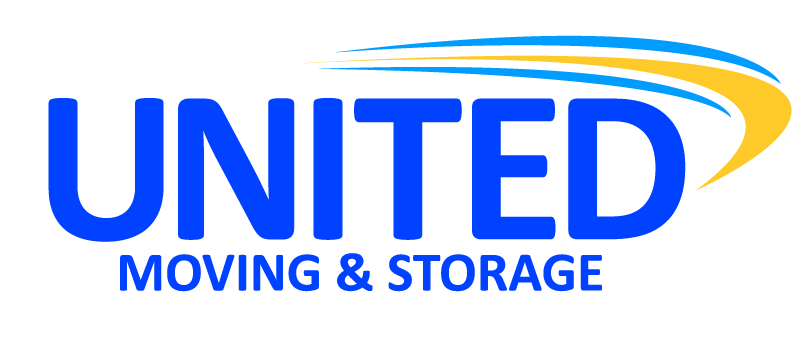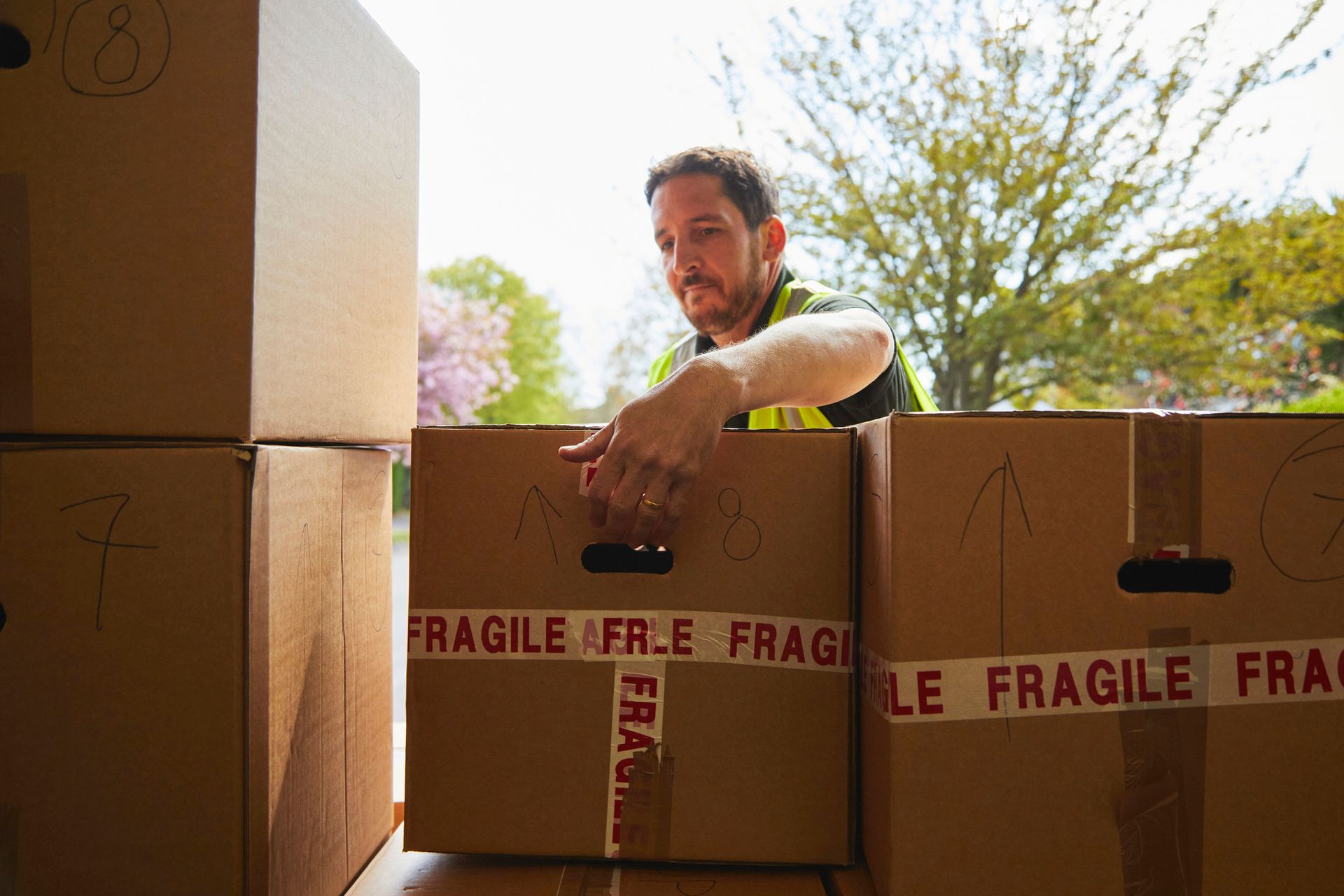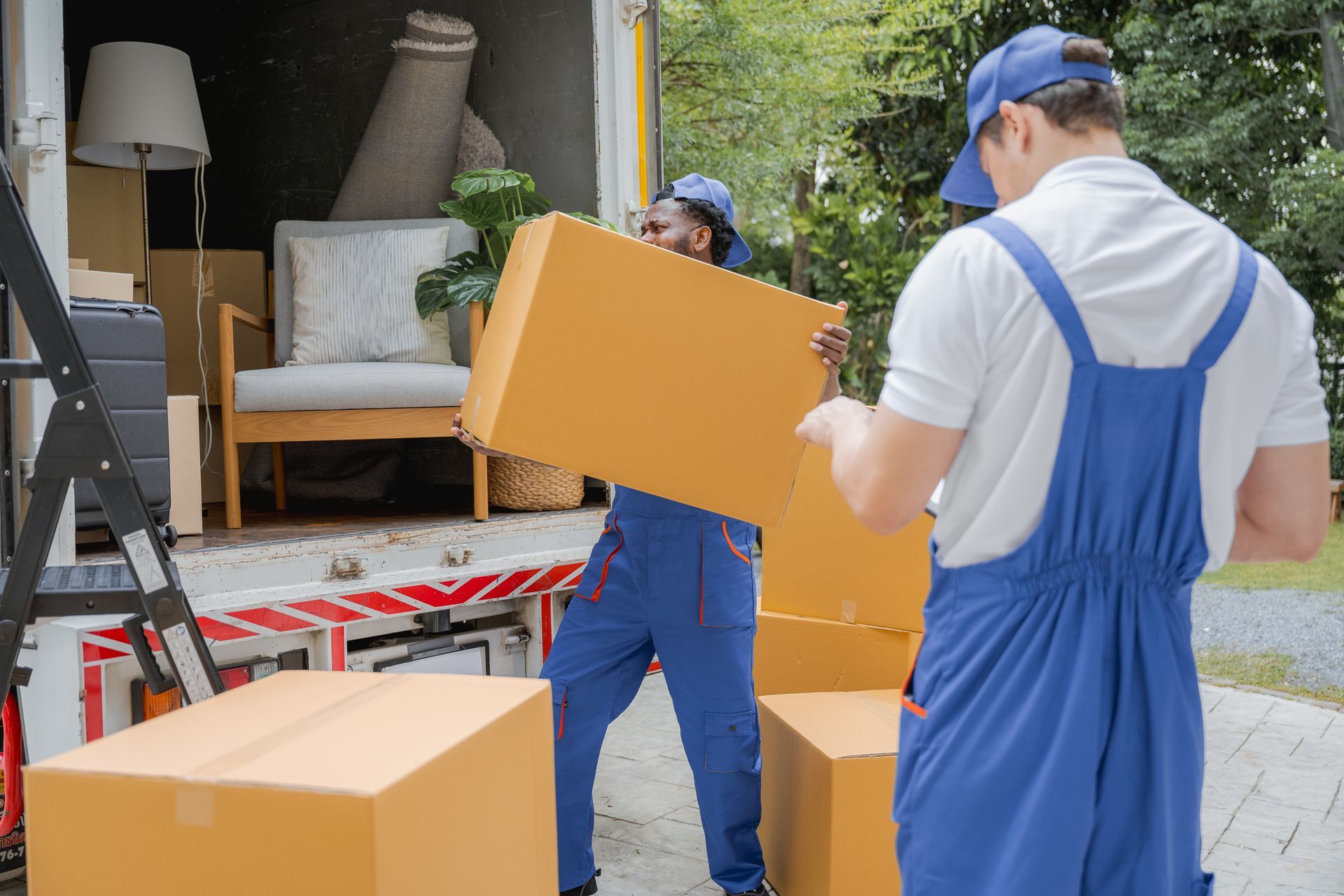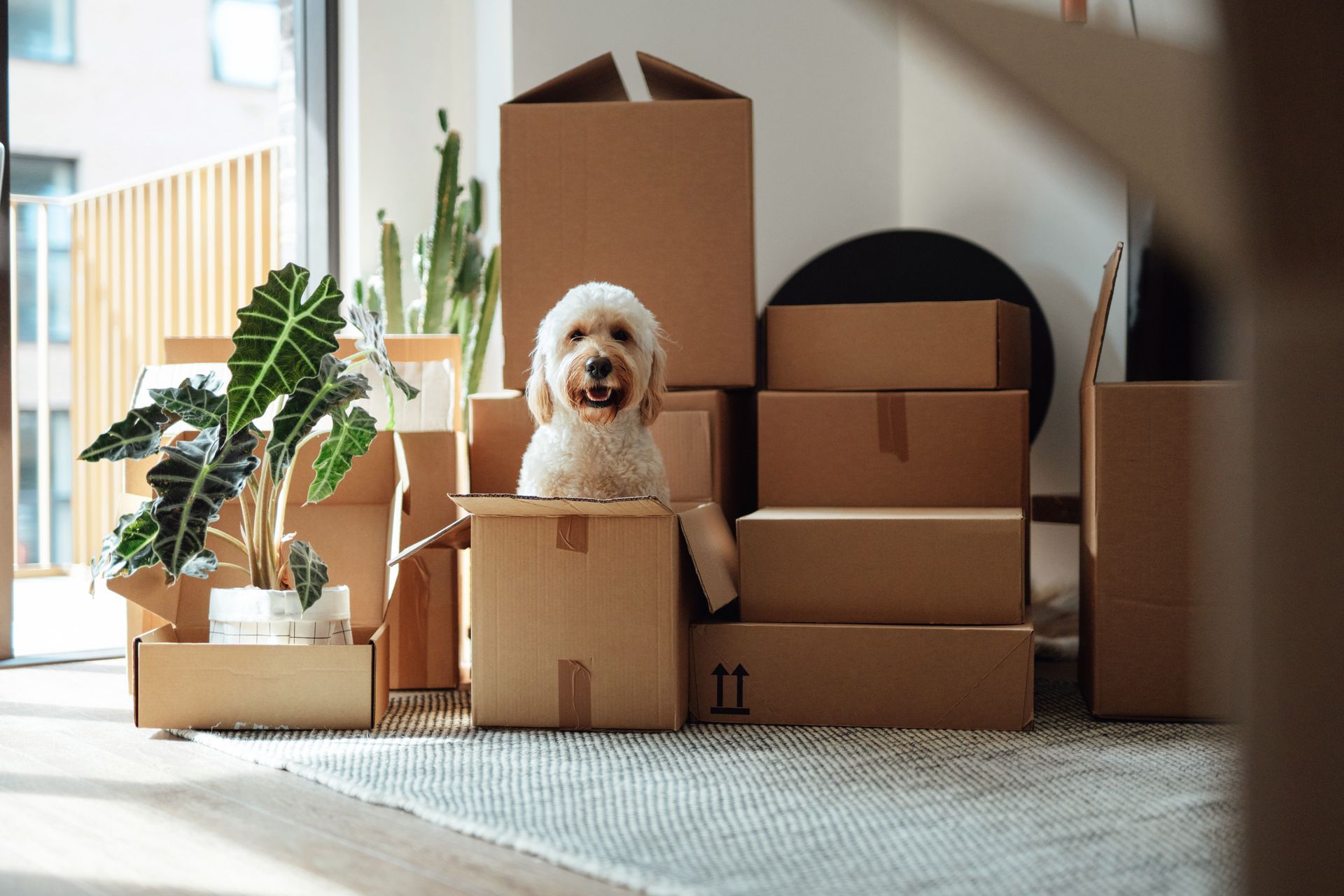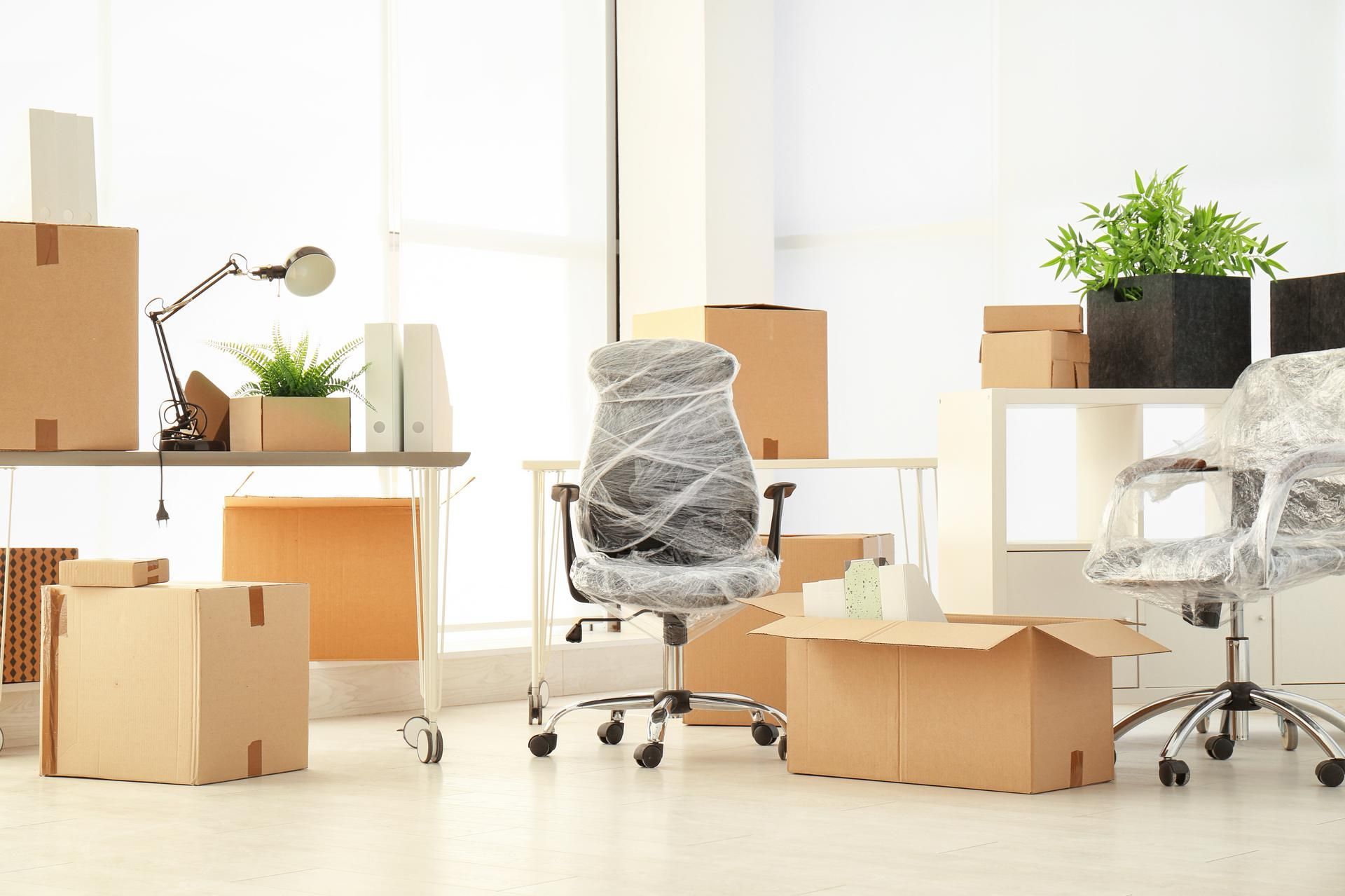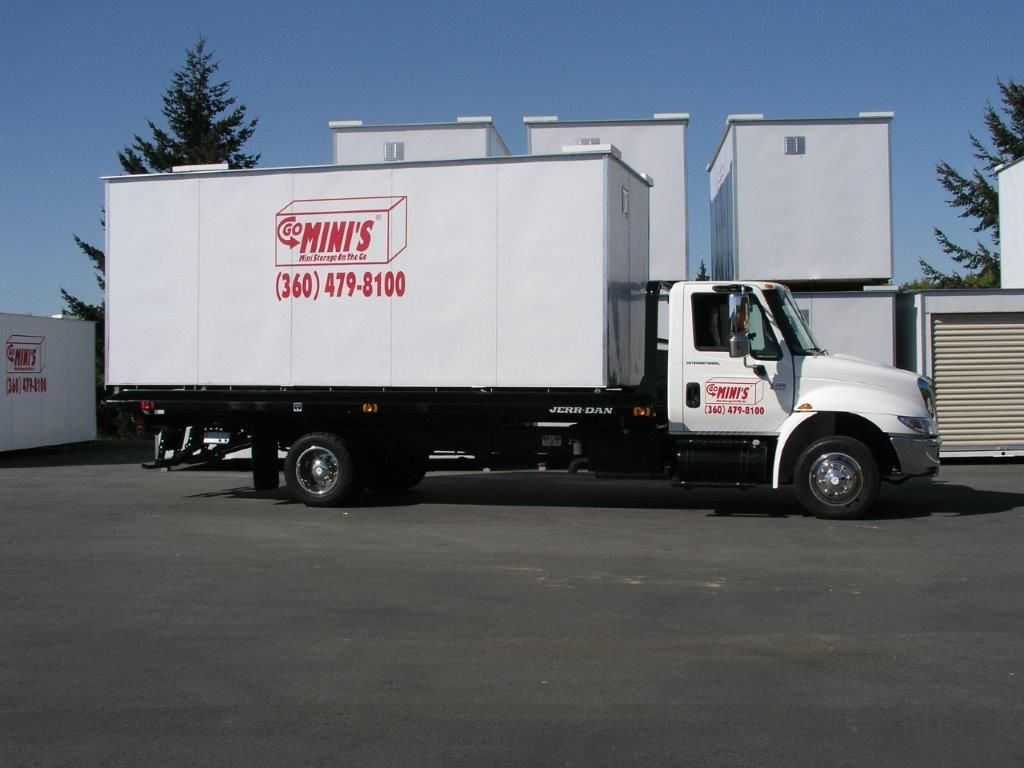How to Move Without Harming Your Health: 5 Strategies to Consider
Moving inevitably requires some planning and effort, even if you choose to hand over most of the physical workload to a professional mover. To ensure a happier, healthier experience, you must safeguard yourself against potential threats to your well-being such as injuries, respiratory problems, or sheer exhaustion.
The more awareness you develop about moving-related health concerns, the more easily you can plan around them and avoid them. Take the following five strategies to heart as you plan your upcoming move.
1. Off-Load the Hardest Work to the Professionals
One simple way to avoid moving-related health issues involves letting professional movers do as much of the work as possible. A full-service move may include everything from downsizing your current list of items to packing, transporting, unpacking, moving items to the appropriate locations, and disassembling and reassembling items.
This strategy may prove especially helpful, or even crucial, for seniors with mobility issues and individuals with disabilities or other health conditions. Your physician can help you decide which moving activities you can safely perform and which require outside aid.
2. Lift From the Legs and With a Friend
Back injuries occur with depressing regularity, affecting over one million workers each year. Heavy lifting errors account for some 75 percent of those injuries. However, you can sustain such an injury either in the workplace or at home if you lift heavy items improperly during a move.
The most common heavy lifting injuries affect the lower back. Muscular strain in this area can debilitate you for several weeks, placing your move in jeopardy while leaving you in agony. You may sustain joint or ligament damage at the same time. If you have a spinal misalignment, a lumbar vertebral disc may dislodge and rupture.
To avoid this kind of injury, never stoop over an object or try to lift it with your back muscles. Instead, bend your knees while keeping your back straight. Have someone else on hand to help you if the load seems too heavy, unbalanced, or awkward to handle by yourself.
Proper care of your back begins before you ever attempt to lift any heavy object. Limber up your back muscles and joints by performing rotational and stretching exercises before engaging in heavy lifting. Make sure you have a clear, safe pathway and good visibility before you start moving that heavy object.
3. Protect Your Respiratory System
When you start moving items that have remained tucked away in closets or corners for years, you may get a face full of dust, dust mites, discarded insect parts, dander, and mold. These substances naturally collect on long-neglected items. Dust mites and mold thrive in warm, humid environments.
Many people suffer allergic reactions to the dust and debris kicked up during a move. Symptoms include runny eyes and nose, itching, sneezing, coughing, and breathing difficulties. If you have asthma or eczema, you may experience an acute flare-up of your condition.
If you must disturb or handle dusty, moldy items, wear a protective mask. While an ordinary dust mask will keep nuisance dust (non-toxic particulate matter) out of your mouth, nose, and lungs, you may need a more elaborate respirator-type mask to keep yourself safe against mold and other allergens.
Don't forget to protect other sensitive parts of your body against irritating substances as needed. Consider wearing long sleeves, long pants, gloves, or goggles if you plan on spending much time around known allergens.
4. Watch Out for Sharp Objects
A razor-sharp kitchen knife, icepick, pair of scissors, meat skewer, or other household implement can give you a painful surprise if you have failed to pack it with the proper care. These items not only pose a danger when unloading them from packages, but they can also poke their way through cardboard boxes.
You can protect yourself (and anyone else involved in your move) from these threats by grouping your sharp items and packing them together in properly labeled boxes. Bind all your kitchen knives together and wrap them in multiple layers of bubble wrap, packing them in a single block.
If you must pack sharp objects separately, wrap each object in multiple layers of packing paper. Stuff additional paper or other material into the box to prevent the sharp objects from touching each other (and potentially cutting each other's packing materials open).
5. Stay Rested and Hydrated
Don't let the excitement of your move deprive you of the sleep you need. Schedule additional bedtime hours if necessary to ensure healthy amounts of sleep both before and during your move. This rest will help you stay alert and energized so you can move more safely and efficiently.
Hydration also plays an important role in good health, especially during long hours of sweaty physical activity. Even a small drop in hydration can affect your mental and physical processes. Drink plenty of water, with the occasional sports drink to restore electrolytes.
Whether you want to deal with most of your move yourself or you'd rather leave it all to the experts, United Moving & Storage can make your experience safer, easier, and more enjoyable. Contact us today.
